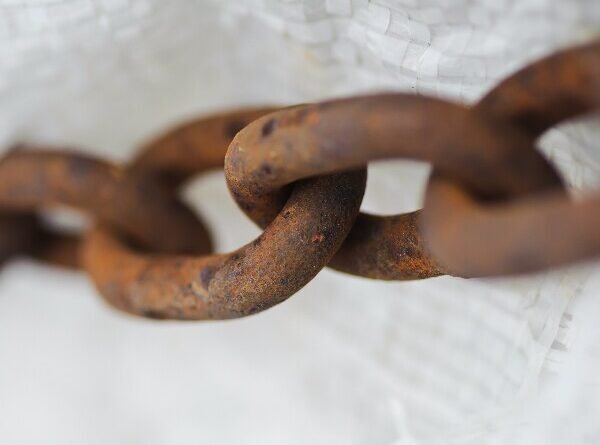California Legislators Propose New Bills for Reparations
California’s Legislative Black Caucus on Wednesday detailed a package of 14 reparation bills they introduced to right historic wrongs carried out against the Black community.
Legislators said the bills are meant to be the first step in a multi-year effort. Among several issues, they would compensate people whose property was taken in race-based cases of eminent domain, seek an apology from the governor and legislature for human rights violations, and fund community-based programs to decrease violence in Black communities.
Caucus chair, Assemblymember Lori Wilson, said during the press conference that the package of bills aims to address “how we as Californians are still affected by slavery and it’s successors in our own state, including redlining, theft of labor, wealth and capital, over-incarceration, over-policing and systemic discrimination.”
None of the bills being proposed calls for cash restitution to be paid to individuals, garnering criticism from some members of the Black community.
But the legislators said now is not the right time to try to pass direct payments given budgetary constraints, the unpopularity of cash reparations with the wider non-Black public, and the need to address more systemic issues for Black Californians in the areas of criminal justice, education and healthcare. Members said cash transfers would be taken up in the legislature’s next two-year session, beginning next year.
Assemblymember Corey Jackson said that unless the systemic issues that make it difficult for Black Californians to prosper are not addressed first, then the good of any possible cash transfers would be limited to the people who first received it.
“What good is a cash payment if it’s only going to benefit one generation?” Jackson said at the press conference. “One of the cornerstones of our reparation package is to clear the way of legal barriers, of systemic barriers, to ensure that the work we now do will last another 100 years.”
The 14 bills are the first legislative action from a 1,100-page report delivered in June to lawmakers by a California reparations task force. The group, created by a state bill in 2020, worked for two years on its report, which urged legislators to take action on over 100 recommendations.
Americans are divided on reparations for historic injustices carried out by the state against Black Americans.
A Reuters/Ipsos survey published earlier this year found that nearly 60% of respondents identifying as Democrats support reparations. Just 18% of Republicans do.
The split is even greater between Black and white Americans: the poll found that 74% of Black Americans favor reparations compared to 26% of white Americans.
Civil Rights attorney Areva Martin, the lead counsel for a group of over 1,000 survivors and their descendants whose Black community was taken by the city of Palm Springs in the 1950s and 1960s, praised the first legislative steps.
But Martin said cash payments need to be made to Black Californians – just as such payments have been made to other wronged groups in the U.S., such as Japanese Americans interned in camps during World War Two.
“People get squirmish about cash payments – and they shouldn’t. There is only this trepidation when it comes to African Americans,” Martin said.
“I think some of that is because anti-Blackness is so pervasive. It also has to do with racist tropes around Black folks and our inability to handle money.”
© 2024 Thomson/Reuters. All rights reserved.




